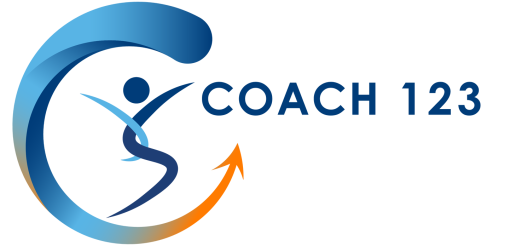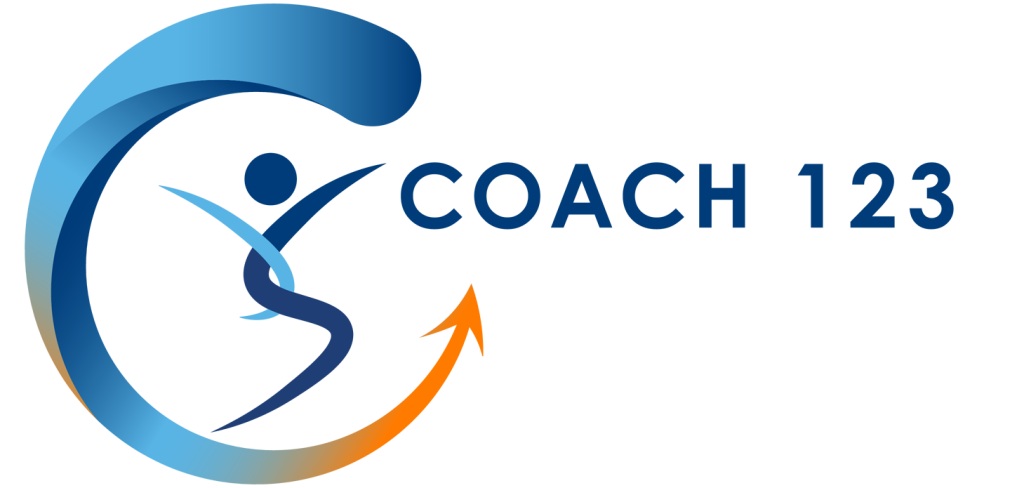Determining the Value of Coaching
Determining the Value of Coaching

How is the value of coaching determined? A very American or U.S.-centric approach is to establish the return on investment, ROI, looking at the cost of the coaching and the dollar value received back. This gets complicated because there are also qualitative benefits to the coaching. As a coach going into an engagement, the challenge remains, how are you going to support the client deciding, before you even start, how they will know they received the value they wanted?
In organizations, commonly metrics are available. The metrics may include things such as productivity numbers, employee engagement, talent retention, employee satisfaction, etc. To determine ROI, compare the metrics before the coaching to the metrics after the coaching. In that process, it will be important to determine how much of an impact the coaching itself had on any change that occurred. This is particularly relevant for coaches who have completed business coaching certification programs, as they understand how to measure organizational impact.
A different approach is to use assessments. Many organizations like assessments because they are validated. This is referred to as evidence-based coaching. A coaching engagement may involve starting with an assessment before the coaching starts, and then having the same assessment done again after the coaching. Coaches trained through ICF accredited coaching programs are well-versed in using these assessment tools effectively.
On an individual basis, ROI can be less complicated. The client simply wants to say, “hey, it helped me with my thinking. I know I’m moving forward.” There are also clients that will have specific individual measures based on milestones or objectives. Often the ROI measures for individuals is more qualitative.
A helpful tool in considering how to measure this on the front end is going to be looking at studies that were done and how they measured ROI. Manchester Inc., Metrics Global, Xerox study, and Exxon are examples. There are so many different ones and they explain what was evaluated and how it was evaluated. By reviewing other studies on ROI, you will gain insight in terms of what the possibilities are for measuring the ROI of coaching. This knowledge is often covered in comprehensive coaching certification classes that focus on evidence-based practice.
When you move into the coaching engagement, you are asking the client before you even start what they want out of the coaching relationship. You are asking them how they will know the relationship was successful for them. Partner with them on how they will determine the value they receive from the coaching. This collaborative approach is emphasized in professional coaching programs that teach client-centered methodologies.
ROI is considered in each and every coaching session too. The coach is asking the client:
- What do you want out of the coaching session?
- How will they know that session was successful for you?
- What does a successful coaching session mean to you?
- What do they want to talk through to get there?
Specifically, the client defines the desired outcome of the coaching session, and the client develops their agenda for the session.
At the end of a coaching session, the coach will ask the client:
- What did you accomplish in this session?
- What did you gain from this session?
- What are you learning about yourself?
- What are you learning about the situation?
The coach is checking back in with the client at the end of each individual session. Similarly, at the end of a coaching relationship, the coach is checking back in with the client on what they gained from the coaching engagement as a whole. These techniques are thoroughly taught in quality online coaching training and coaching courses that emphasize practical application.
Ensuring coaching is providing value is an ongoing process. The coach and client are reviewing the focus of each coaching session, what was accomplished, and what outcomes are achieved in between coaching sessions because of the work they did during the sessions. Coaches also invite clients to do evaluations of the coaching, whether that is as they advance through the coaching engagement, at periodic checkpoints during the engagement, or an overarching feedback tool at the end. This evaluation process is often refined through mentor coaching, where experienced coaches guide newer practitioners.
In many organizations, funding of a coaching program is based on it providing value. Of course, the value can be both qualitative and quantitative. What are the steps an organization can take in advance of the coaching engagement to support it being successful? Ensure that the coaches have training and are members of the International Coaching Federation. The American Management Association, in their global study of successful practices, shared a number of findings on coaching programs inside companies. Internally based methods of providing coach training were less strongly correlated with overall coaching success than were the externally based methods, even though the internally based methods are more commonly used. What does that tell us? That accredited coach training programs make a difference. This is why organizations increasingly seek coaches from the best coaching programs and those with coaching certification from recognized institutions. Organizations care enough about the investment into a coaching program to want to measure their return on that investment. They will also want to ensure that internal coaches are externally trained through quality coaching training programs and that external coaches have accredited training from reputable online coaching programs or established institutions like the Center for Coaching Certification.
When you take the time on the front end to set up what outcome is desired and how the efficacy of coaching is supporting that outcome, it sets you up for evaluating and measure results of a coaching program. This preparatory work is emphasized in comprehensive training for coaches that focus on establishing clear metrics and outcomes.
Determining ROI supports both the coach and the client, ensuring that there was value in that coaching relationship. An additional piece for the coach is measuring is their own efficacy. In the next blog we will explore how coaching competencies support efficacy.











